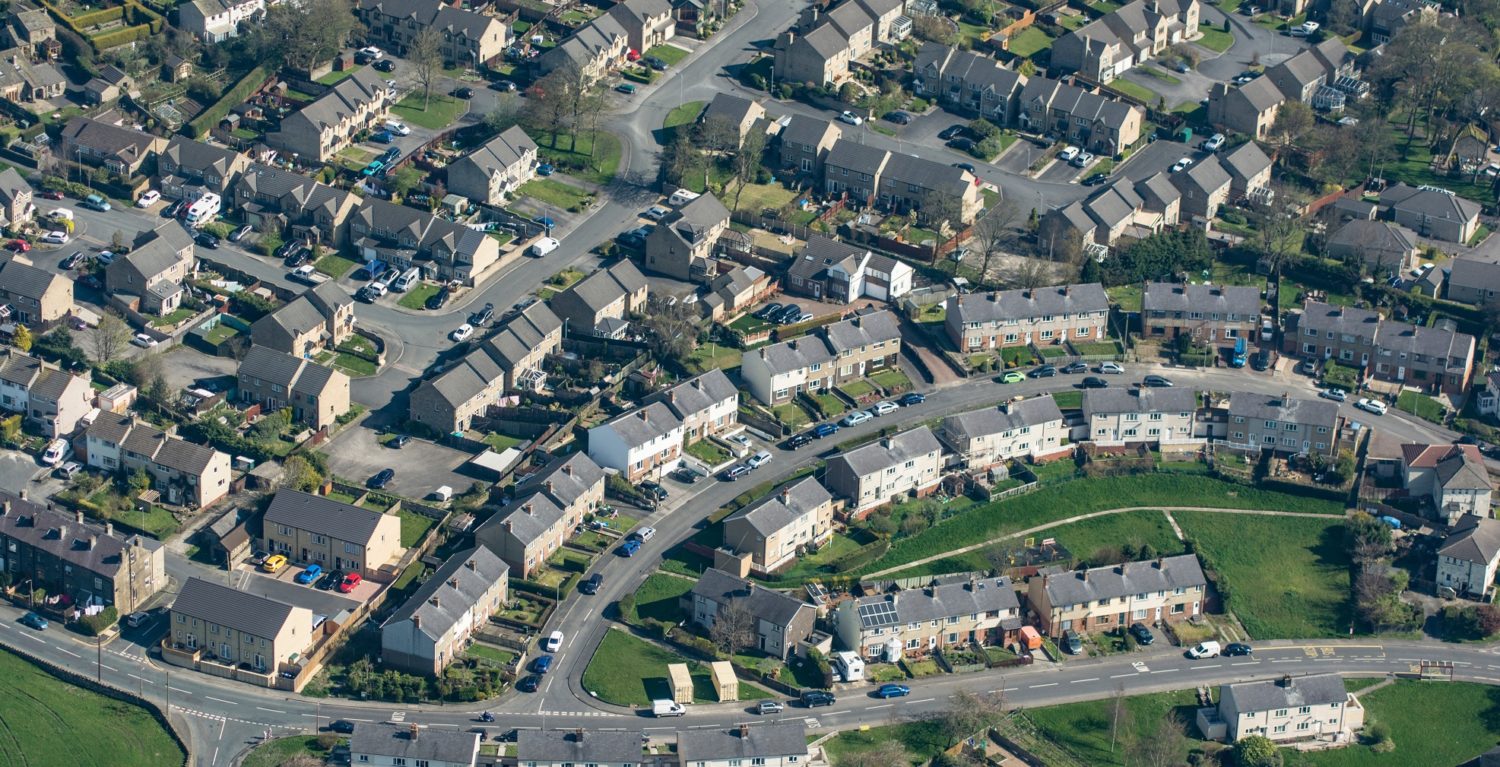The big divide
Voters in post-industrial towns are disadvantaged in a way that those in big cities are not, writes David Swift.
Instead of leading to a period of quiet reflection, Labour’s worst defeat since 1935 has led some commentators to double down on their argument that the sort of people Labour should represent are not those living in the freshly blue seats of the North and the Midlands. They claim that the old categories of C2DE no longer demarcate ‘working class’, if they ever did, and note that black and minority ethnic voters in London are never considered ‘left behind’ in the same way.
There is some truth in that. Yet according to YouGov, 45 per cent of those with a household income under £20,000 voted Tory, compared to 34 per cent for Labour, and for those with incomes between £20,000 and £40,000 it was 47 per cent to 31 per cent.
Of course, this was not uniform nationwide, and the metropolitan poor still tend to vote Labour. This is significant: arguments about the ‘working class’, and Labour’s traditional base are not about ethnicity, but rather opportunity, infrastructure, optimism and, above all, location.
There are several structural advantages benefiting even the poorest and most disadvantaged big-city inhabitants, most notably in education. In inner London, 45 per cent of those eligible for free school meals at age 15 are in university by age 19 – barely lower than the 53 per cent of kids not on free school meals who go to university.
And nor is this just a London phenomenon: growing up close to a university has a direct correlation with attending one. According to research from the University of Oxford, there’s a 1 per cent drop in higher education attendance for every six kilometres you live from a university. This could be one reason why most BME Britons are actually overrepresented at elite universities, as they tend to live in large conurbations near higher education institutions. This is not the case for kids from northern towns, who are often some distance from universities, so a British Pakistani boy from Burnley or Batley is more disadvantaged in this respect than one from Birmingham or Barking.
In terms of healthcare provision, the Pembrokeshire GP Dr Dave Wilson made headlines earlier this year with his honest appraisal of the staff shortages faced by non-metropolitan healthcare providers. This is true nationwide: a report by the Centre for Towns found that people in medium-sized towns need to travel twice as far as those in cities to reach their nearest hospital, and people in small towns and villages three or four times as far. Although these disparities are not as pronounced in terms of access to GPs, dentists and pharmacies, the further you move away from cities the longer it takes to access these services, and this will only become more challenging given the ageing populations of towns.
Likewise, while banks, pubs and high street shops have been closing across the country, the effect of this is mitigated in cities and exaggerated in towns and villages. Similarly, given the vast disparities in arts and culture funding – the Arts Council spends £7 in Islington for every £1 it spends in former coalfield areas – poor people in big cities tend to have free access to museums, art galleries and libraries, which their fellow citizens in post-industrial areas might not.
Apart from these structural disadvantages, possibly even more significant are the intangible problems of non-metropolitan Britain. One of the most important reasons even relatively disadvantaged people are better off in cities is the much higher age profile of towns and rural areas: young people leave, and often don’t come back. Older people living outside big conurbations are more likely to live apart from their family, whereas people in big cities – especially ethnic minorities – are likely to see their family more often, something that may account for the lower rates of common mental health issues among BME Britons.
People in towns – irrespective of their wealth or ethnicity – are also less likely to feel that their communities are noticed and important. The Centre for Towns found 53 per cent of people in cities say ‘politicians don’t care about my area’ compared to 67 per cent for people in towns. When it comes to the future, fully 71 per cent of people in towns say that their area will be less central to British society, compared to 53 per cent for people in cities. Meanwhile only 32 per cent of city-dwellers think that their area will be financially worse-off in the future, compared to 51 per cent for towns.
Professor Will Jennings, who compiled the report, noted that people living in towns are “more likely to believe they or people like them are worse off than other people – both in the past, present, and future”. Therefore, possibly the greatest difference is one of hope: people in big cities might still believe that their area is significant to broader society and have hope for the future; this is much less likely in towns and villages.
So yes, the ‘left behind’ are mostly in post-industrial towns in the Midlands and the North. This term simply does not apply in the same way to poor people and millennials in big cities, and we need to ask ourselves why the latter, not the former, are now the Labour heartlands.
Photo credit: Richard Horn/Unsplash

